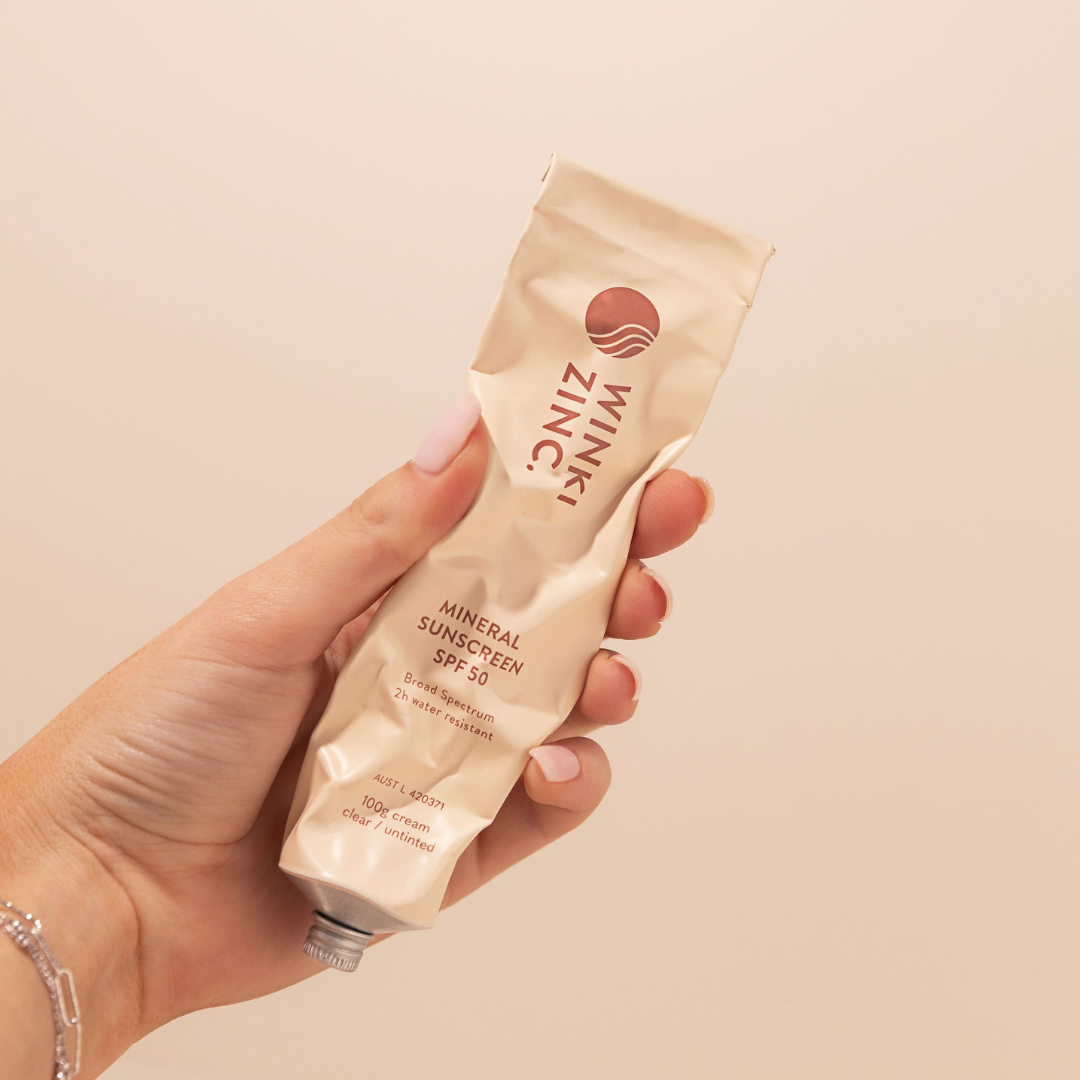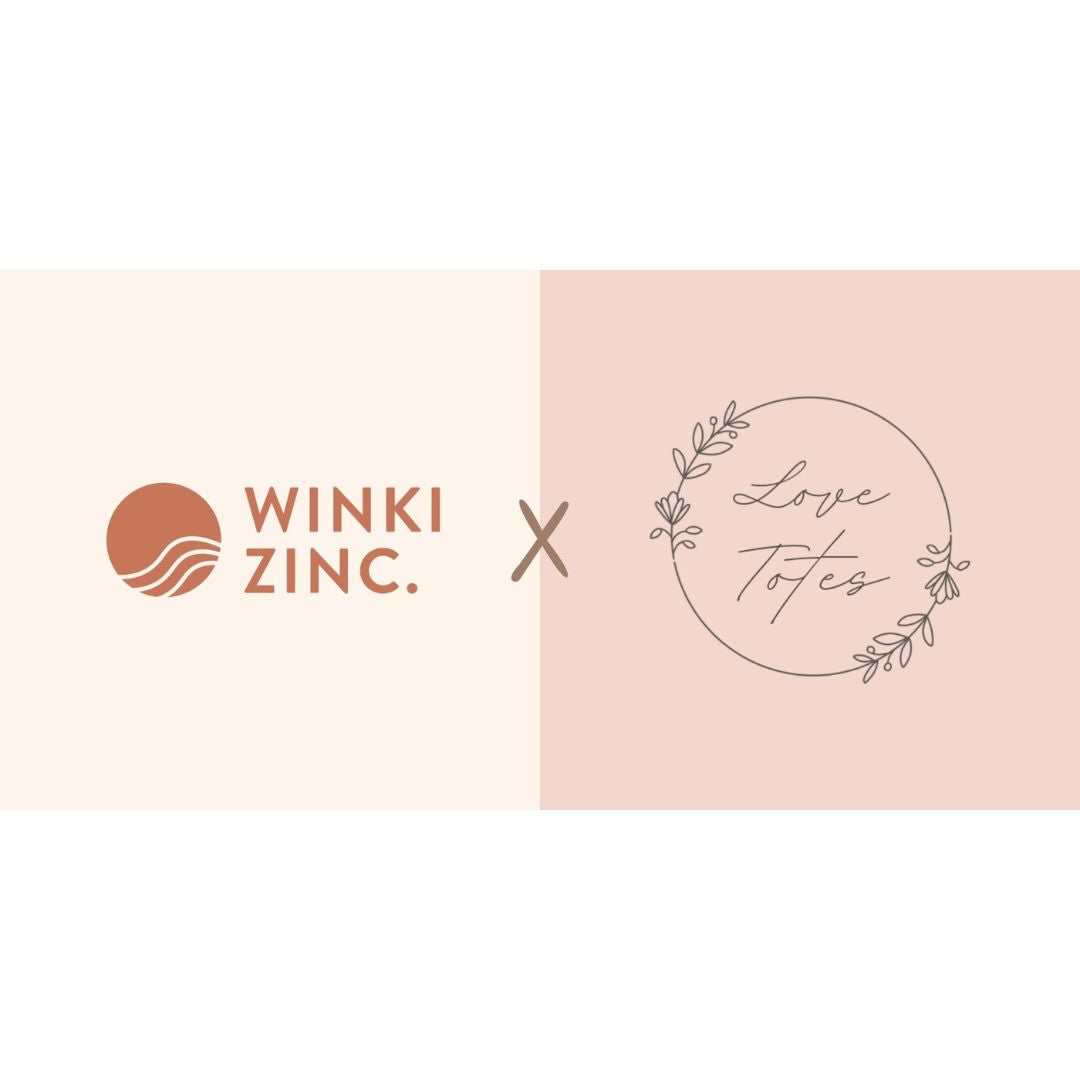The term "sustainable" can be seen everywhere, often thrown around as a marketing buzzword. In business, sustainability refers to doing business without negatively impacting the environment, community, or society as a whole.
But what does it truly mean for packaging to be sustainable? And why does sustainable packaging matter?
Demystifying Sustainable Packaging
Sustainable packaging is about designing packaging that minimises its environmental impact throughout its entire lifecycle, from sourcing raw materials to production, transportation, use, and end-of-life disposal.
For packaging to be considered sustainable, it should be compostable, recyclable, reusable, or a combination of these options.

By switching to sustainable packaging, we can avoid harmful materials like plastic and Styrofoam.
Plastic, the ubiquitous material that has shaped our modern world, has also become a significant environmental hazard. Over 14 Million tons of plastic enters our oceans every year, and currently plastic makes up a whopping 80% of ocean pollution. Did you know that in Australia, only 13% of "recyclable" plastic actually gets recycled?
Skincare packaging often incorporates multilayered plastics and different types of plastic in one bottle, making recycling even more challenging. These traditional materials end up polluting landfills and oceans, contributing significantly to climate change due to their greenhouse gas emissions.

Our low impact, low waste approach
At Winki Zinc, we believe that sustainable packaging is not just about choosing the right materials; it's about adopting a holistic approach that minimises the overall environmental impact of packaging.
We have adopted a more precise term for sustainable packaging of "low impact, low waste" packaging wherever possible. This emphasises our goal of reducing the environmental footprint of packaging, both in terms of the resources it consumes and the waste it generates.
Here's exactly how we're achieving this:
1. Paperboard Tubes*:
- Made from FSC-certified paper, meaning it comes from responsibly managed forests.
- Plant-based, cellulose oil-proof paper prevents product leakage.
- Printed with non-toxic soy-based inks instead of traditional inks.
- Compostable at home or recyclable in standard cardboard bins.
- Packaged in 100% post-consumer recycled boxes printed with vegetable inks.
- Compostable or recyclable.
*as manufactured in our Natural Face & Lip Zinc Sticks

2. Aluminium Bottle & Tin*:
- Aluminium is one of the most recyclable materials on the planet, with a global recycling efficiency rate of 76%.
- Now completely plastic-free, our aluminium bottles, surf tins and sunscreen tube can be recycled almost infinitely, making it an incredibly sustainable material.
- Sunscreen and Oil Cleanser products feature our new innovative cork gasket - and photos below - a sustainable alternative to plastic foam seals (found in most aluminium bottles!)
- Cork is best composted. If left inside the lid, it's incinerated during aluminium recycling.
*as manufactured in our Cucumber & Avocado Oil Cleanser and Tinted Surf Balm.

3. Sunscreen Tube*:
- Shares the same sustainable features as the aluminium bottle.
- Cardboard boxes are made locally in Australia from recycled, uncoated card and printed with soy inks. They are compostable and/or recyclable.
*as manufactured in our SPF 50 Mineral Sunscreen

Sustainability is a journey, not a destination
At Winki Zinc, we strive to create packaging that minimises environmental impact, achieving "perfect" sustainability is an ever-evolving goal. It's important to acknowledge that everyone, including Winki Zinc, is somewhere on the spectrum of sustainability, continuously learning and improving.
Our packaging decisions encompass various elements, from material selection and sourcing to transportation and end-of-life disposal. We're proud to use FSC-certified paperboard tubes, plant-based materials, and aluminium, all recyclable or compostable. However, we recognise that there's always room for progress.
One example is transport. Currently, some of our packaging components are manufactured in China. While we prioritise sourcing materials locally, the availability and infrastructure for certain elements require international collaboration. We're actively exploring ways to minimise our transport footprint and ultimately achieve 100% Australian-sourced packaging. This involves collaborating with local suppliers, investing in innovative technologies, and navigating existing infrastructure limitations.
While we are embracing this journey, we believe in openly acknowledging that we haven't yet perfected every aspect of sustainable packaging. By sharing our challenges and goals, we hope to inspire others to join the conversation and work towards a more sustainable future together.
At Winki Zinc, we're constantly striving to innovate and improve our packaging practices, ensuring that our products are not only good for your skin but also kind to the planet. If you have any ideas on how you think we could do better, we would love to hear from you.
RESOURCES:
https://international-aluminium.org/resource/aluminium-recycling-fact-sheet/
https://www.dcceew.gov.au/environment/protection/waste/publications/national-plastics-plan-summary




